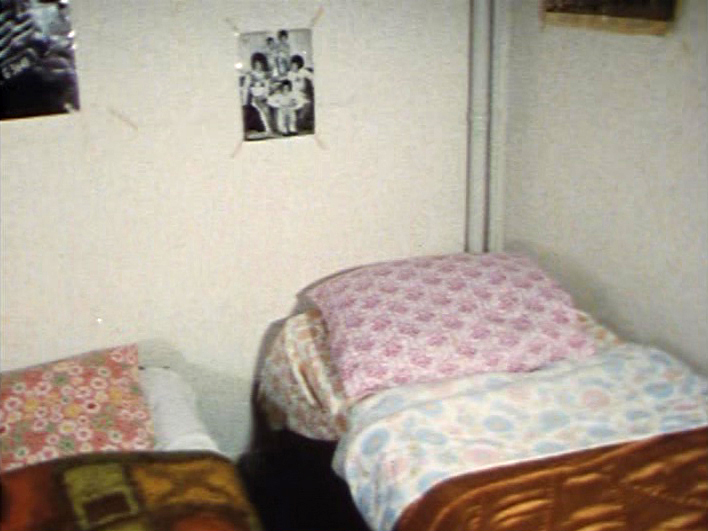
Johan van der Keuken, 1975
As a filmmaker, I thus inhabit the world of the image, a world halfway between myself and reality. I believe that, ideally speaking, the film viewer is in a comparable position. For a variety of reasons, we have abandoned the idea of reality as a self-contained entity existing outside and independently of us. So if you don't wish to take the position of someone watching an external reality from the outside, but rather of someone who is observer and participant at the same time, then you’re facing the problem of how to define yourself as an individual, or how, as an observer, you are to see yourself. Who is the person who makes, and who is the person who sees?